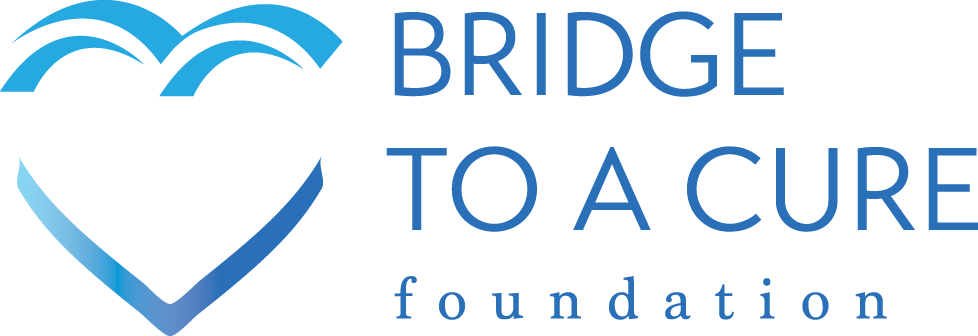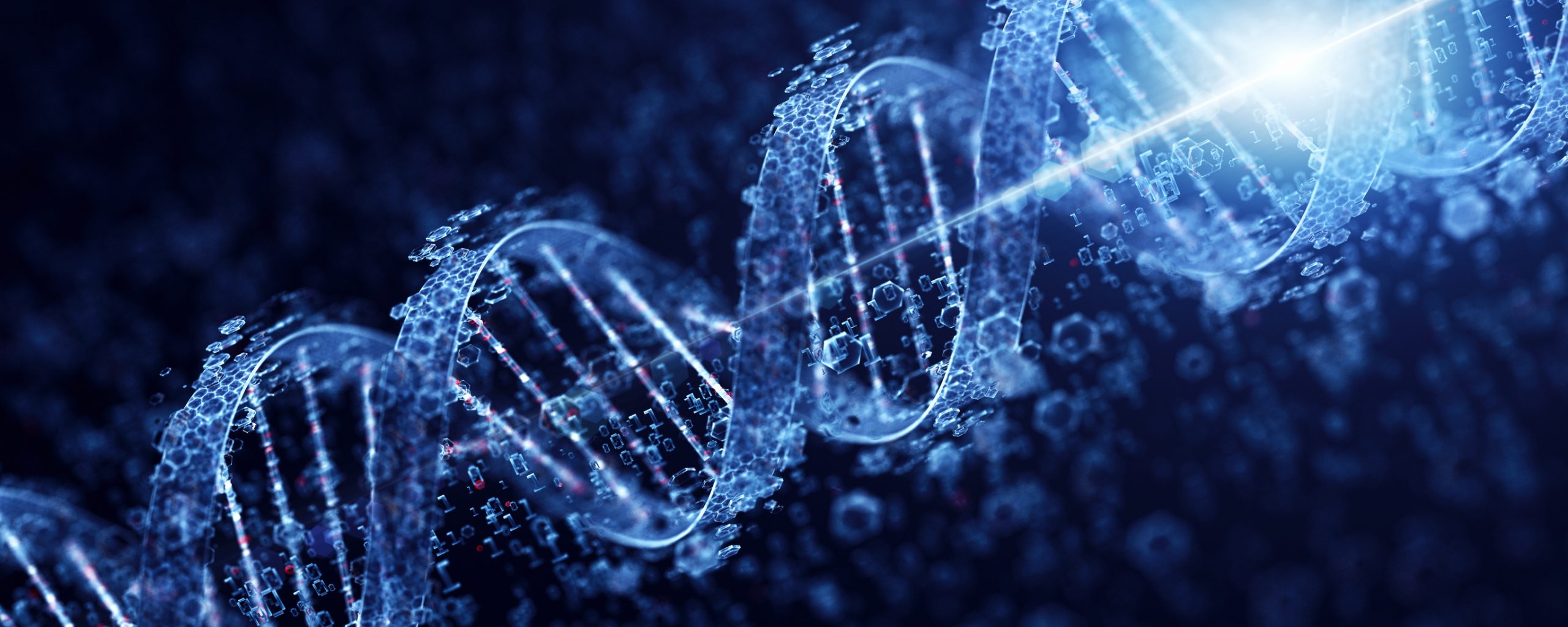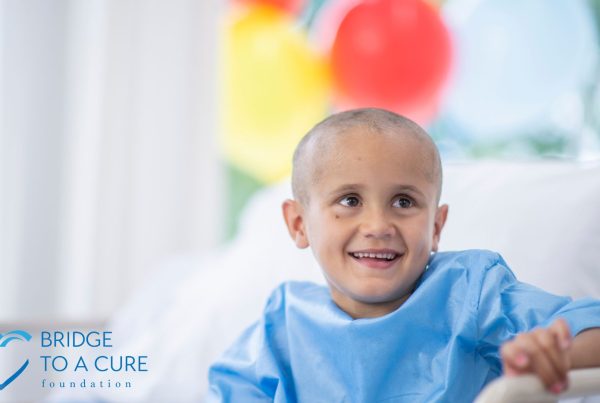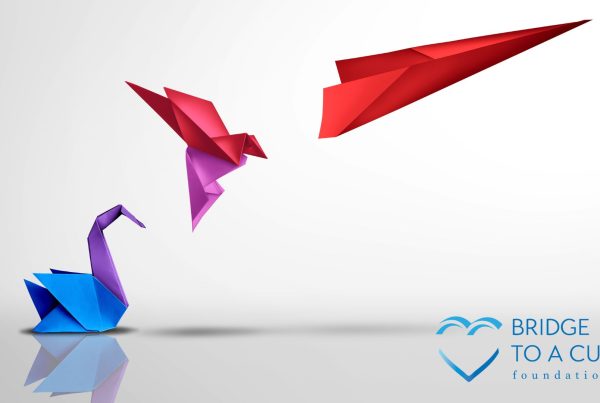New studies show that machine learning will forever change the diagnosis and treatment of brain tumors.
After decades of humankind accomplishing amazing feats, the children’s cancer space has continued to fall short. In the last forty-plus years, just four treatments have been developed—and nothing is close to a cure. That’s why, when we founded Bridge To A Cure Foundation, we exclaimed, “We’ve had enough.” We set out on a mission to collaborate with those who unleash discovery and accelerate breakthroughs. And, we’ve partnered with those willing with us to lead the charge: including the Children’s Brain Tumor Network (CBTN) and St. Baldrick’s Foundation. You can learn more about these partnerships here.
Our judgment to build these collaborative relationships has not been misplaced.
Artificial intelligence (AI) is something we hear about frequently these days. Essentially, AI enables the completion of complicated tasks using powerful, advanced computing technology. AI has demonstrated it can be assigned a task that may take humans months or years to complete and complete it in just days or even minutes. In the children’s cancer research space, it’s become potentially the biggest buzzword of the year—and for good reason. Because of the tremendous efforts of many in the Bridge To A Cure network, when it comes to AI applications in childhood cancer, big things are happening.
The Pediatric Brain Tumor Atlas gives researchers access to large and comprehensive enough data that AI is now being introduced to make better diagnoses and treatment protocols for children with brain tumors. This, in turn, means researchers are better informed—which translates to a better chance at a bright future for our most at-risk cancer fighters.
Some ways AI can advance progress for sick kids is by:
- Near-automatic detection of brain tumors on MRI scans
- Providing subtype predictions that can lead to quicker, more accurate diagnosis
- Help doctors identify the most appropriate treatment options for each individual child
- Assist in detecting disease progression
Without the CBTN Pediatric Brain Tumor Atlas, these monumental efforts simply wouldn’t be possible. Efforts such as:
Predicting underlying tumor subtypes
There are dozens, if not hundreds, of childhood brain tumor subtypes. This is one of the many reasons that research in this area is so complex. Led by Benjamin Kaan from the Harvard Medical School and using the CBTN data, researchers are developing methods that allow quicker and more accurate identification of tumor subtypes. These new technologies can help bridge the knowledge gap between researchers’ limited understanding of the characteristics of certain types of tumors. AI insights will allow researchers to better help children by matching each individual’s tumor to a specific therapy that can best help them.
Advancing imaging diagnostics
Dr. Nabavizadeh and his team at the Children’s Hospital of Philadelphia (CHOP) are focused on impact rather than popularity. This doesn’t mean that their work should go unnoticed, however. As the Director of Imaging at CHOP and an important research partner for CBTN, his focus now turns to improve MRI imaging procedures. Such procedures that will allow not just the quicker identification of tumor subtypes, but also better detect how tumor progression responds to treatments, allowing a quicker understanding of what is working and what isn’t.
In the overwhelming majority of studies performed so far, the implementation of AI technologies in imaging demonstrates superiority in areas from tumor diagnosis to dosage calculation for radiotherapies. In many cases, AI performs with more accuracy than clinical experts alone. Artificial intelligence capabilities for children’s brain cancer have grown exponentially in recent years — and although this progress is paramount, the fight isn’t over yet. Projects like the one led by Dr. Nabavizadeh face an endangering lack of resources that stymie technological advancement. Learn more about how you can support these efforts at the Bridge To A Cure website.
